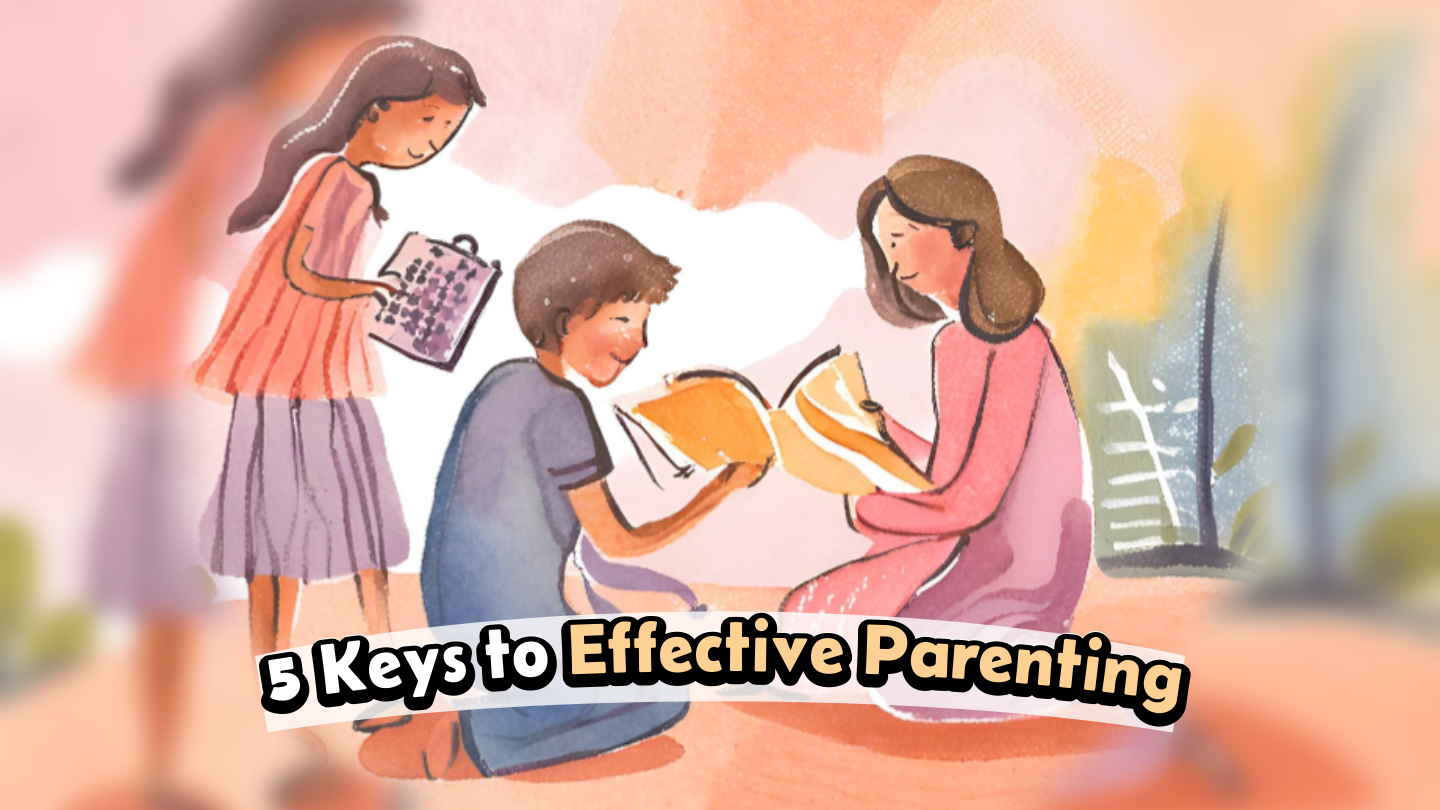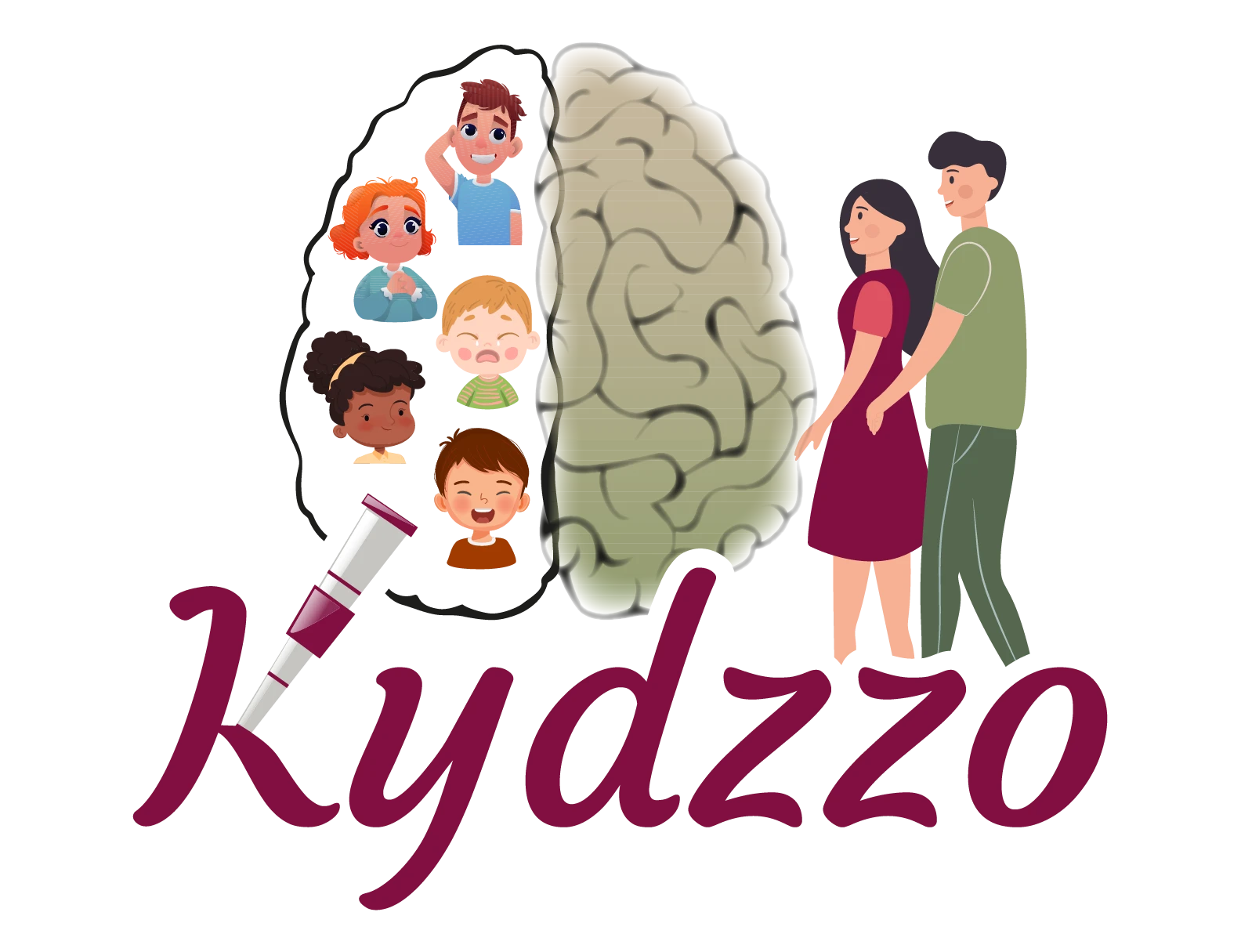How to Protect Your Children from Speech Delay Problems
Environmental deprivation plays a significant role in speech delay and communication difficulties in children. If you neglect to train your child from a young age to speak and use their senses, especially during the first three years, they may later suffer from communication problems and developmental delays.
In this article, you will learn the most important information you should apply with your child to ensure their proper development and prevent them from falling into the trap of developmental delays.
What Develops in Your Child's Brain During the First Three Years?
In the first three years of a child's life, 80% of the cortex develops. This is where the centers of sensation and the five senses are located. The greatest development of the senses, such as smell, touch, hearing, speech, and sight, occurs during this stage.
Does Your Child's Senses and Sensory Centers Develop Automatically?
No, your child's senses do not develop on their own! Contrary to what some parents may believe, it's not enough to just feed, bathe, and sleep your child. You must create a rich environment for your child filled with speech, play, and sensory experiences.
Your child's senses are like a motor or muscles that must be activated. If you don't activate them, they will become weak or dormant over time. Your child should experience playing with water, touching objects around them, tasting different foods like fruits and vegetables, and exploring different colors and textures. They should also touch and feel objects with their hands and feet. That's why it's recommended not to put socks on your child for long periods. You should also let them play, run, interact, and touch their surroundings freely to train their senses to explore and function.
How Can Your Child Become Able to Speak Easily and Fluently at the Age of Three?
In addition to touch and play, one of the most important elements of a rich environment for a child is talking to them and engaging in interactive conversations continuously. The more you talk to your child and use clear words and sentences, the more your child will develop over time. By the age of two, you may find them speaking more than 50 words and using many clear sentences. When they reach the age of three, you will find them constantly talking. Children at this age, when raised in a rich interactive environment, may experience what is called a "Language Explosion."
Mistakes Parents Make with Their First/Only Child that Makes Them Prone to Delays
One of the biggest mistakes made during the upbringing of a first or only child, or even a child with older siblings, is:
- The first mistake: Isolating the child from the external environment, not interacting or talking to them, and preventing them from exploring their surroundings and touching them with their senses by wearing gloves or socks all the time. This deprives the child of the opportunity to touch and use their senses and activate them.
- The second mistake: Exposing the child to screens all the time and not doing outdoor activities with them. All of this deprives the child of the opportunity to develop their senses and sensory centers.
What are the Consequences of Your Child Experiencing Environmental Deprivation?
- Deficiencies in the development of the five sensory centers in your child, which results in developmental delays with symptoms similar to autism
- Speech delay
- Sensory problems that result in flapping, licking objects, smelling them, putting them in their mouths, eating sand or anything strange, as well as incomprehensible bodily movements
- Developmental delay
- Cognitive delay
- Sensory delay
- Difficulty understanding and following parents' orders
- Failure to respond when called by name
- Autism misdiagnosis
If you notice any of these signs in your child, you should consult a specialist or expert to be able to help them and not rush to diagnose them before confirming the main reason for your child's delay.
 by Ahmed Sbeata
by Ahmed Sbeata



